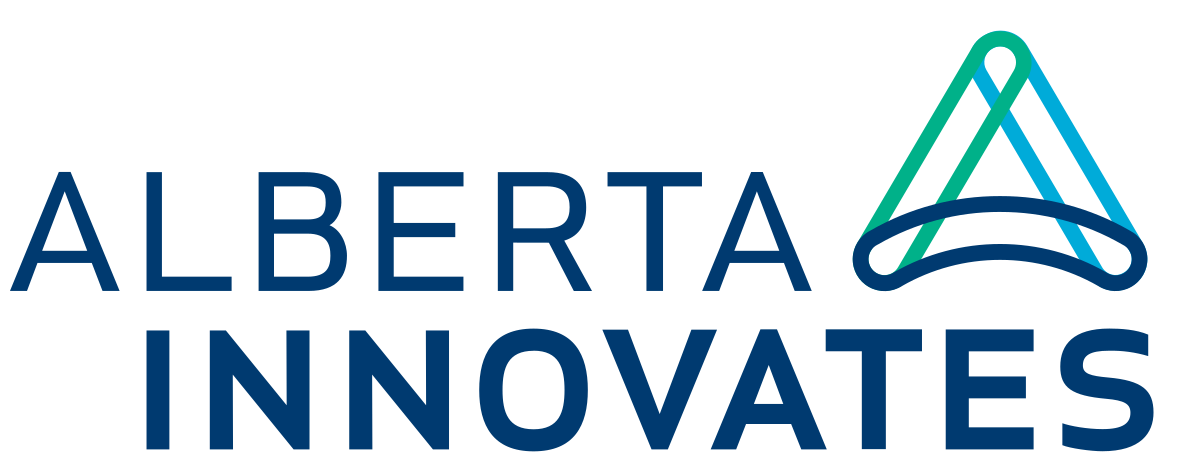
The SODALab comprises undergraduate and graduate students dedicated to developing new algorithmic and computational tools for optimization and decision making, especially in dynamic, uncertain, and possibly strategic environments. Some members focus on advancing the theoretical foundations of “decision-making under uncertainty,” using tools and insights from computer science, economics, and operations research. Others pay more attention to societal challenges across various fields, including energy grids and markets, shared mobility, Internet advertising, cloud computing, network optimization, and beyond. For more information, see some of our recent highlights below.
Online Algorithms
Research in online algorithms focuses on a subset of optimization and decision-making problems where (i) data are incrementally revealed over time, and (ii) decisions need to be made sequentially (oftentimes also irrevocably). This differs from offline optimization and decision-making, where all the data is available upfront, and the algorithm can optimize the solution with complete knowledge of the future. Online algorithms have diverse applications, including online advertising, recommendation systems, financial trading, portfolio management, and supply chain management, etc.
Our research in this thrust has been focusing on the theory of online algorithms, primarily through an optimization lens such as the online primal-dual framework. We also explore its implications for various online decision problems in resource allocation, scheduling, routing, matching, time series search, financial trading, and beyond.
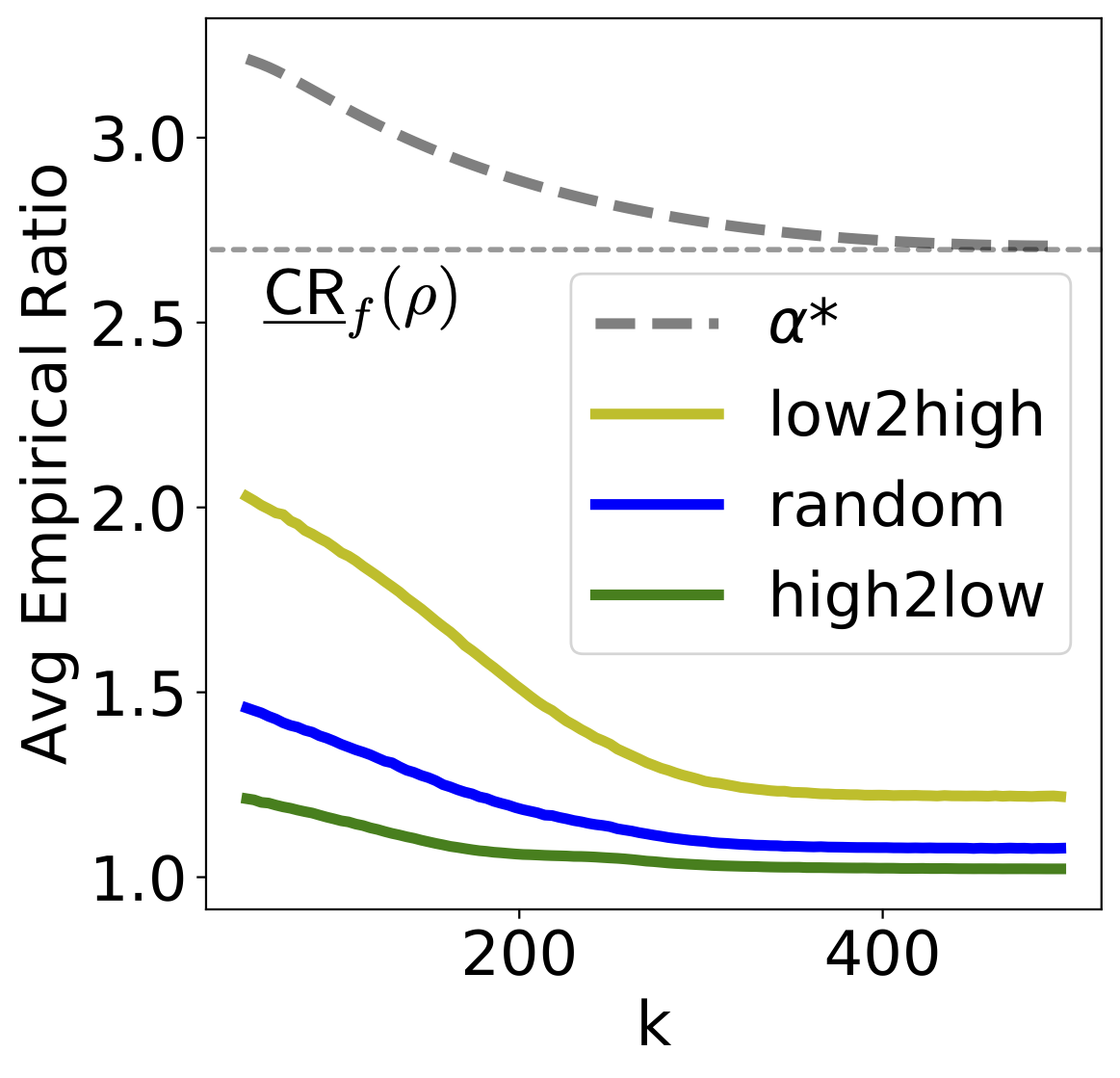
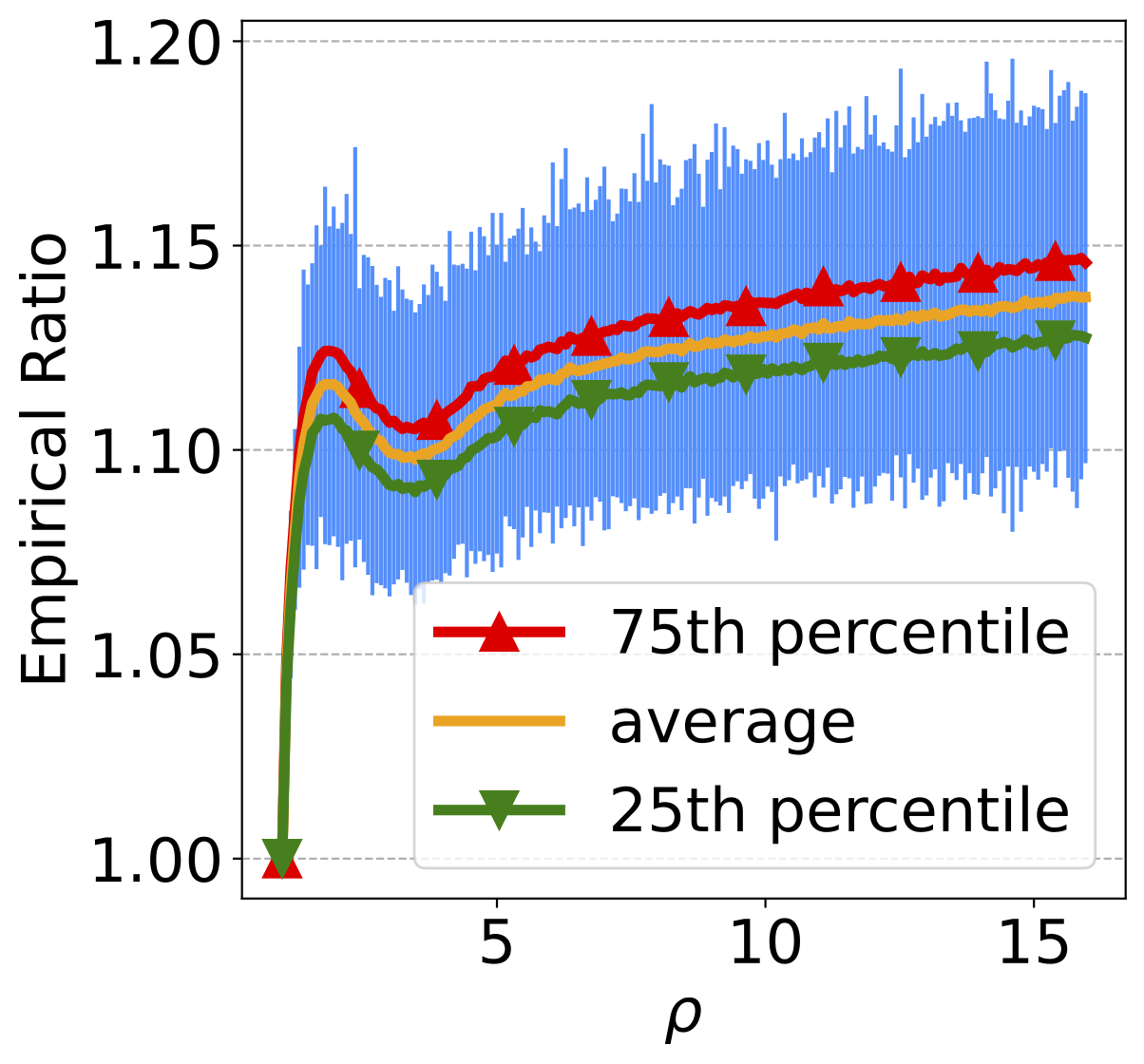
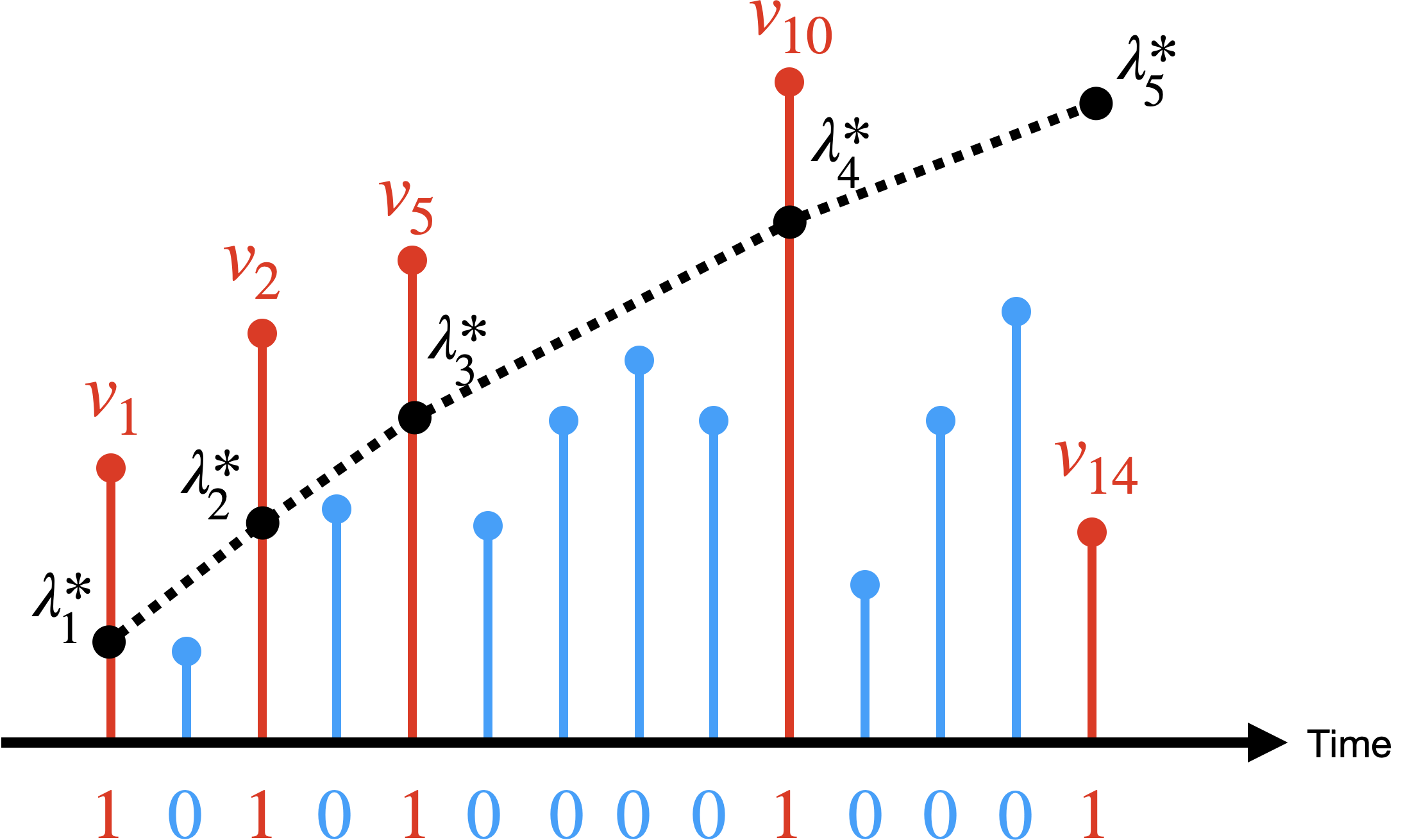
Recent publications:
Mechanism Design & Auctions
Mechanism design, a subfield in game theory, combines principles from both economics and computer science. At its core, mechanism design tackles the challenge of designing systems in strategic settings involving multiple self-interested agents. The goal is to develop rules and payoffs that incentivize agents to act in a desired manner (e.g., truthful disclosure of private information), resulting in favorable system-wide outcomes (e.g., welfare maximization). Classical mechanism design in economics often makes distributional assumptions about agent types and overlooks computational constraints. In contrast, the computer science perspective places emphasis on the computational complexity of a designed mechanism and is particularly concerned about whether a mechanism can be efficiently implemented with performance guarantees – usually through the lens of worst-case analysis and approximation ratios. Mechanism design finds broad applications across various domains, including market design, auction theory, network routing, and cloud resource allocation, among others.
Our research in this thrust has been focusing on computational problems at the intersection of mechanism design, online algorithms, and machine learning. We particularly emphasize exploring trade-offs between optimizing conventional objectives, such as revenue or welfare, and other performance metrics, including robustness, fairness, risk, and simplicity.
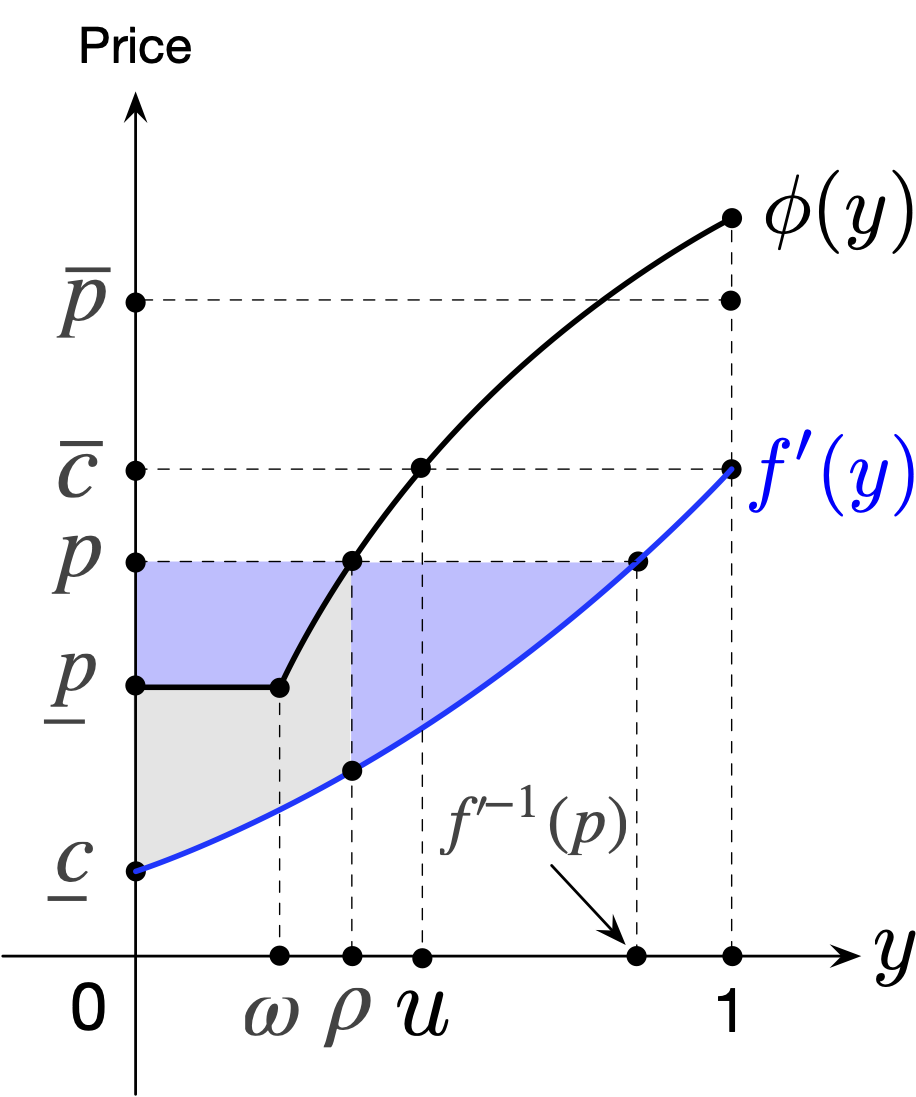
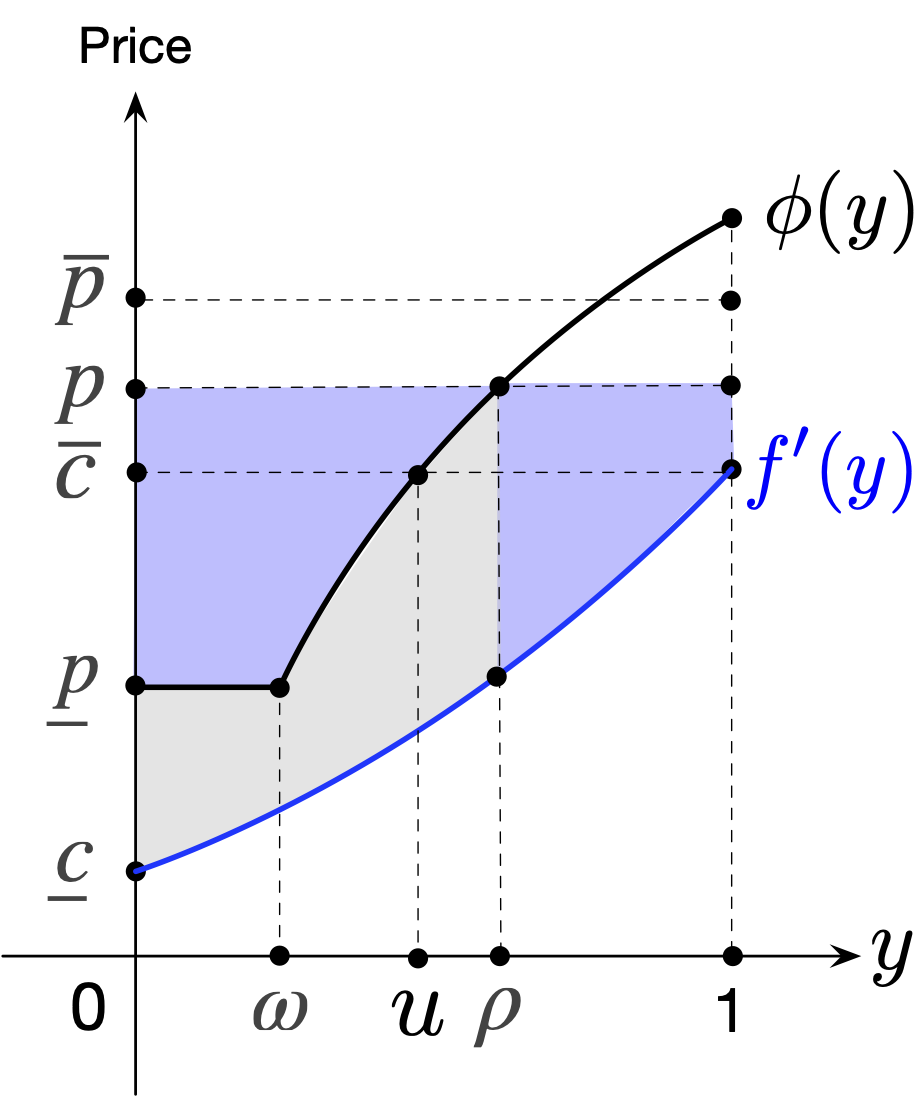
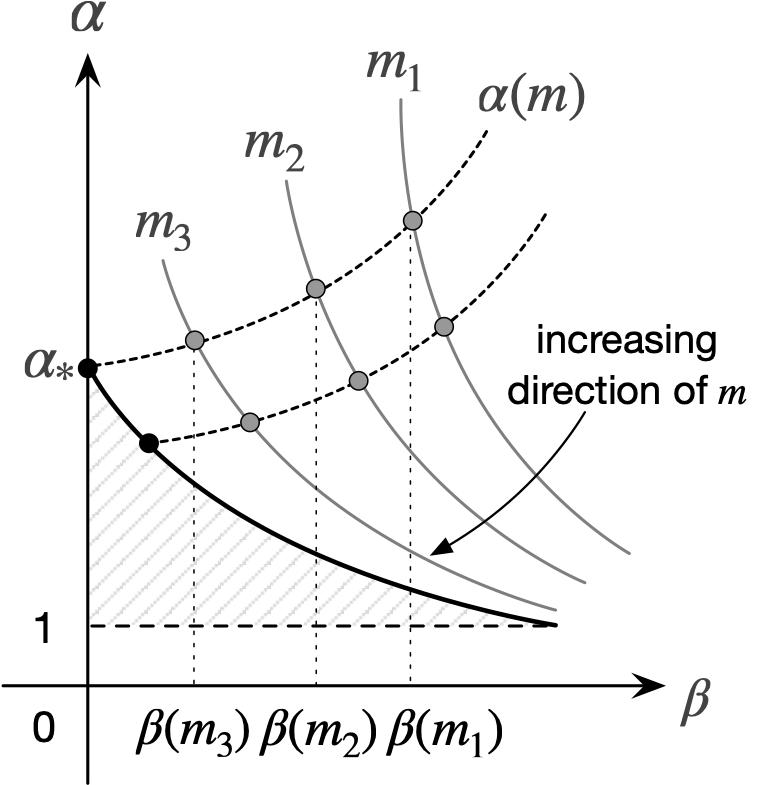
Recent publications:
Market Design, Energy, and Sustainability
Market design plays a critical role in shaping the dynamics and outcomes of various industries, and the energy sector is no exception. As the global demand for reliable, affordable, and sustainable energy continues to rise, the need for effective market structures and mechanisms becomes increasingly evident. Market design in the context of energy involves creating frameworks and rules that facilitate efficient allocation, pricing, and trading of energy resources, while also promoting competition, innovation, and environmental sustainability.
Our research in this thrust has been focusing on developing novel markets and economic mechanisms for (i) electrical grid with distributed energy resources, (ii) electric vehicle charging, and (iii) the energy-mobility nexus (e.g., electric mobility-on-demand).
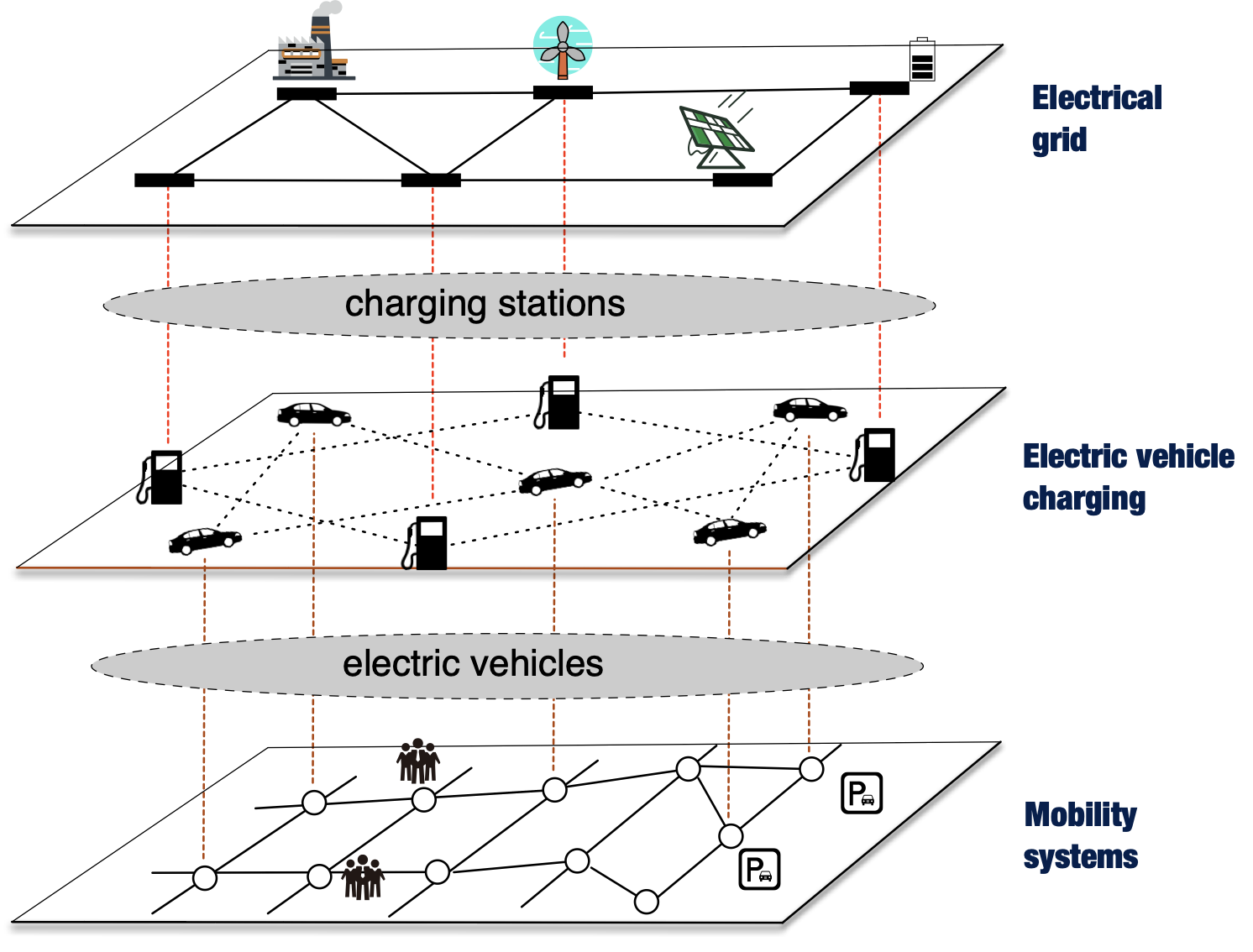
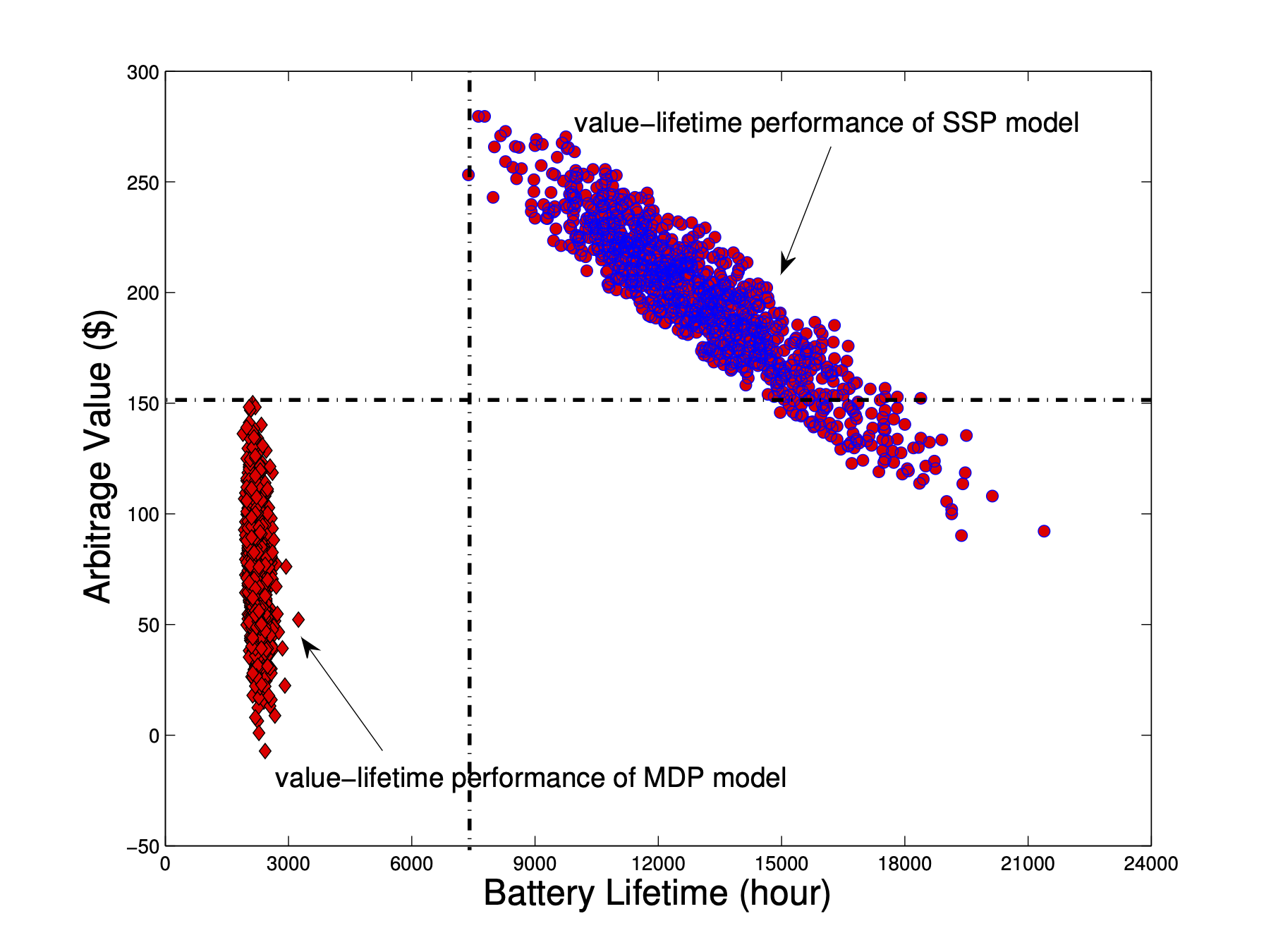
Recent publications:
We are grateful for the generous support from the following sponsors.



